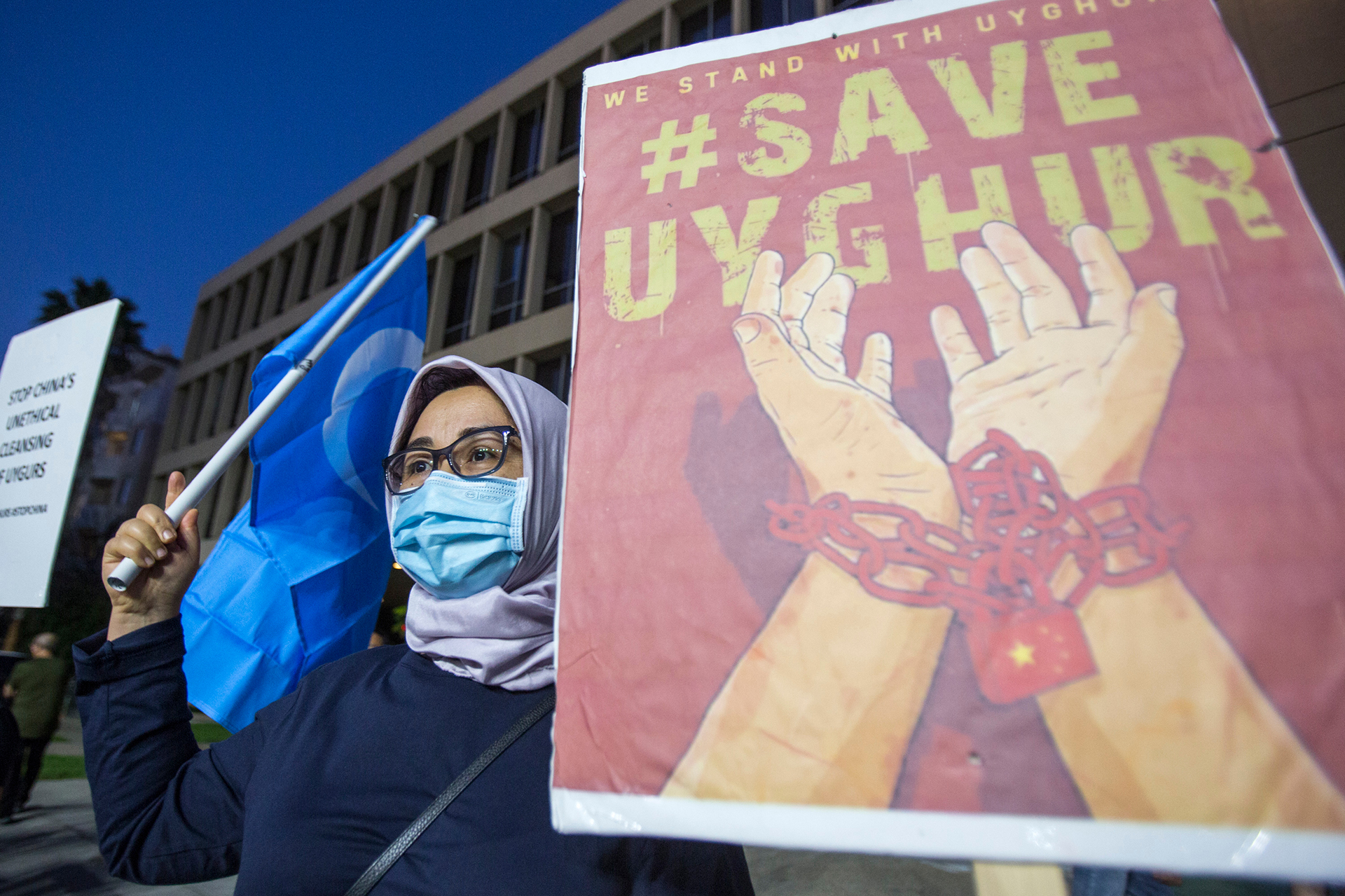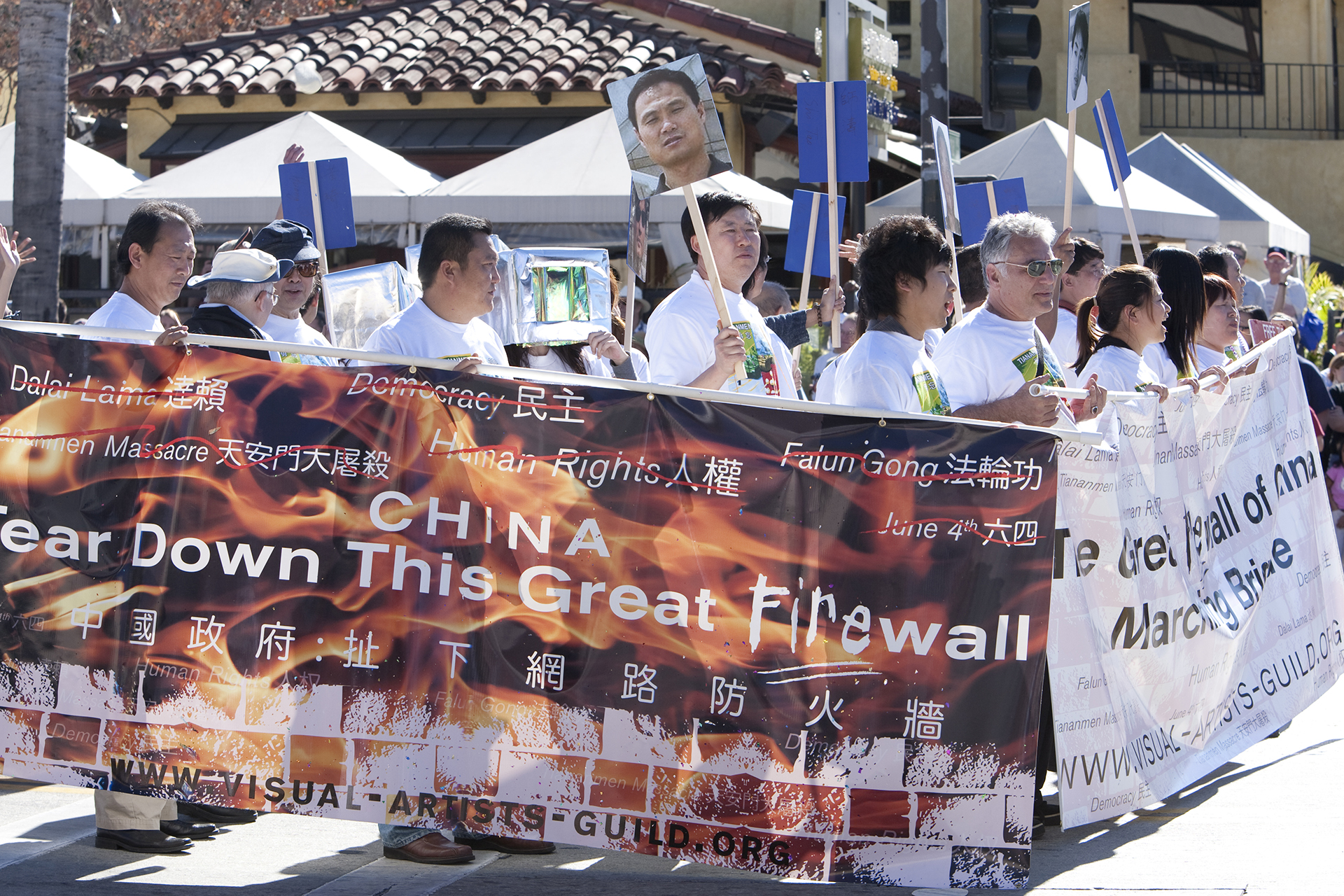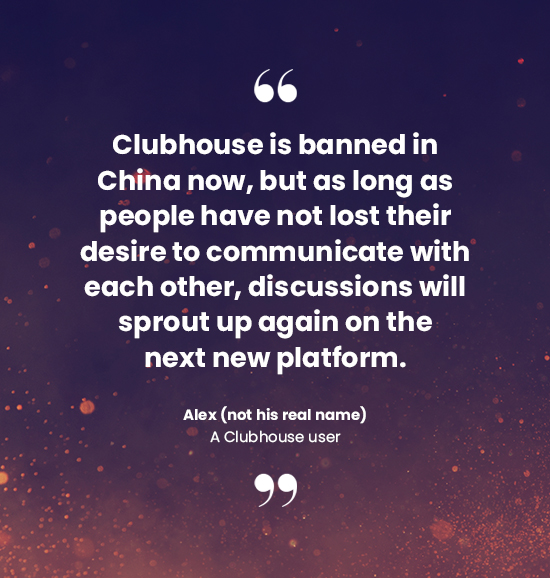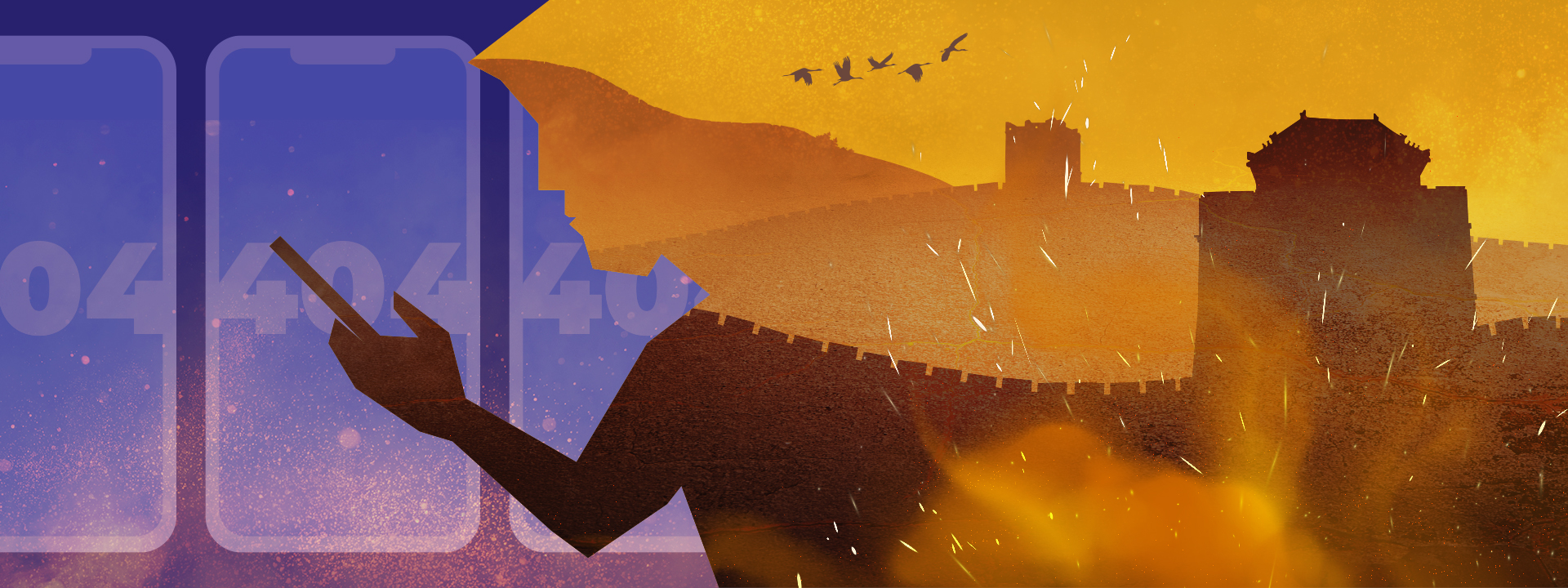By N. B. Forth*; translated by Liang-wei Huang
Charlie* used to only discuss the issues in Xinjiang — a region in the northwest of China where the government is accused of locking up of countless Uighurs and other Muslim minorities in internment camps — with his friends in private. As the BBC reports, Beijing insists they are “vocational schools” which combat “terrorism and religious extremism.” The government has accused the West of spreading lies and propaganda.
When Charlie joined Clubhouse, though, he found an opportunity to start a chatroom named “Is there a concentration camp in Xinjiang?” on February 6. Using the American “invite-only, audio-based iPhone app is like listening in on someone else’s phone call, legally,” reports PCMag. The social media platform launched in March 2020. More than 10 million people have reportedly downloaded it from around the world.
In China, Clubhouse allowed “a brief flourishing of speech and free discussion among Chinese people in the era of state censorship,” reports SupChina. For 16 hours, as many as 5,000 Uighurs and Han Chinese — China’s majority ethnic group — “spoke freely, centering the discussion on those most harmed by state violence. Even while it was happening, the conversation felt historic — and worth preserving.”
Their generally polite discussion was short-lived, though. On February 8, Clubhouse “appears to have been knocked offline in China, prompting fears it has been blocked by the state’s so-called ‘Great Firewall,’” reports the BBC.

October 2020. A protester takes a stand against China’s locking up of countless Uighurs and other Muslim minorities in internment camps in Xinjiang.
The “Great Firewall”
Charlie was one of the countless Chinese who gained a tantalizing glimpse of an unfiltered internet though Clubhouse. They freely discussed controversial issues such as the Xinjiang concentration camps. The app was not censored by the Chinese government, and chat rooms were open round the clock. Participants could chat with other users – as many as 5,000 people at a time in a room — about a variety of topics.
For many, this was a rare whiff of freedom of speech on the internet. The Chinese internet has long been under tight government control. The government has blocked the world’s largest social media platforms, such as Facebook, Instagram, Twitter, and YouTube. Chinese netizens need to use virtual private networks to access blocked websites.
It wasn’t always like this. “Before Xi Jinping, the internet was becoming a more vibrant political space for Chinese citizens,” writes Elizabeth Economy in The Guardian. “But today the country has the largest and most sophisticated online censorship operation in the world.” Dr. Economy, an expert on Chinese domestic and foreign policy, wrote the award-winning book, The Third Revolution: Xi Jinping and the New Chinese State.

January 2009. Protesters in California march against China’s censorship of the internet.
Difficult conversations
For a few brief shining moments, Clubhouse allowed a wide range of people from all over China and beyond to openly discuss topics deemed controversial by the authorities. The most popular rooms were those that dealt with the cross-strait unification and independence, the anti-extradition law amendment bill protests in Hong Kong, the Xinjiang concentration camps, the Tibetan issue, and the Tiananmen massacre.
Tang*, a Chinese Clubhouse user, says, “The internet environment in the past two years [has become so toxic] that these conversations have become more and more difficult to start.” She says the social media platform “gave a space for people to talk about issues they were afraid to discuss in public or on the internet.”
The Xinjiang room hosted by Charlie attracted many Uighurs. Some shared their personal experiences of being taken to “re-education camps” by the Chinese government and being separated from their families. The atmosphere in the room was electric.
Wu*, a Taiwanese participant, described the exchange as “unprecedented.” He says, “In the past, even if we went to China to work, we would not discuss our political leanings with anyone. But on this platform, even though we are anonymous, we are quite vocal because of the audio nature and the authenticity.”
 As the BBC reports, “While Clubhouse does record audio of users’ chats, it says it only does so ‘temporarily,’ explaining it typically deletes the sound files after a room session has ended unless a complaint had been raised, in which case it keeps them longer to review what had been said.”
As the BBC reports, “While Clubhouse does record audio of users’ chats, it says it only does so ‘temporarily,’ explaining it typically deletes the sound files after a room session has ended unless a complaint had been raised, in which case it keeps them longer to review what had been said.”
The “June 4 Tiananmen” chat room also attracted many participants. Many users shared their memories of that fateful day in 1989 when a peaceful protest at Tiananmen Square turned into a massacre. They talked about how they learned of the protest despite the information blackout in China. At least 10,000 people died in the massacre. In the 30 years since the historic protest, China has never apologized for the deaths.
A brief heyday
On February 8, the Chinese government blocked Clubhouse in the country. Many Chinese users were still chatting when they suddenly found that they couldn’t connect to the internet. They reopened the app, only to find that it was no longer working on their phones. One user, Zhu*, says, “I was in one of the rooms when I found out about the blocking, and everyone in the room was panicking.”
One user, who wishes to remain anonymous, says that after February 8, she used a virtual private network to access Clubhouse and spoke in a room discussing Chinese issues. Within a few days, she was approached by the Chinese authorities who recorded her speech on Clubhouse. She said that a few friends also had the same worrisome experience.
It seems that the Chinese government forces have infiltrated Clubhouse and taken control of what was once an online haven for free speech. Though users can no longer hear the voices in the social media platform, they are hopeful that new platforms will emerge.
Wu says, “The rooms have disappeared, but the real voices will remain.” Another user, Alex*, tells the BBC, “Clubhouse is banned in China now, but as long as people have not lost their desire to communicate with each other, discussions will sprout up again on the next new platform.” ●
* In the interest of safety, the names of the author and the interviewees are not disclosed.



















